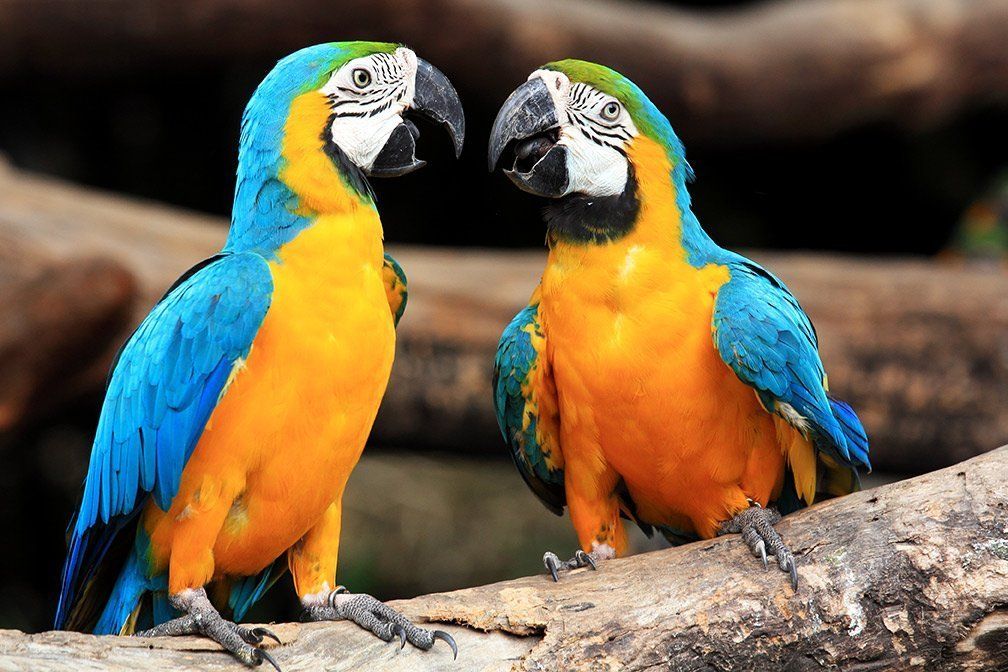Rituals and superstitions…
How much do rituals and superstitions influence performance?
It is a clever deflection from performance as in the example of Serena Williams in the French Open in 2008. She made her exit in a shock third round defeat, and when she was asked what went wrong, she gave the surprise answer:-
“I didn’t tie my laces right and I didn’t bounce the ball five times and I didn’t bring my shower sandals to the court with me. I didn’t have my extra dress. I just knew it was fate; it wasn’t going to happen.”
Why are so many top sports people deeply superstitious?
The answer is to be found in the world of pigeons. B F Skinner the man widely regarded as the father of modern psychology studied the behaviour of pigeons. In 1947 Skinner placed some hungry pigeons in a cage attached to an automated mechanism that delivered food at regular intervals. He discovered that the pigeons associated the delivery of food with whatever chance actions they happened to be performing at the moment it was first delivered. They kept on performing the same actions even though it had no effect on whether the food was delivered.
The pigeons were acting as if they could influence the mechanism, a random connection between a particular kind of behaviour and a desired outcome.
If superstition does not influence the outcome, why are we all so keen to ritualise are actions. The routine may help people relax and feel comfortable so therefore aiding clear thinking and reducing anxiety. The actions may therefore influence the performance and not actually secure the outcome.
Contact
bev@nuggetsoflearning.co.uk
01483 898 936
07816853314
Address
Nuggets of Learning Limited
Bramley Manor,
High Street, Bramley,
Surrey, GU5 0HS
© 2024 Nuggets of Learning Limited. All Rights Reserved. Privacy | Cookies Policy.












